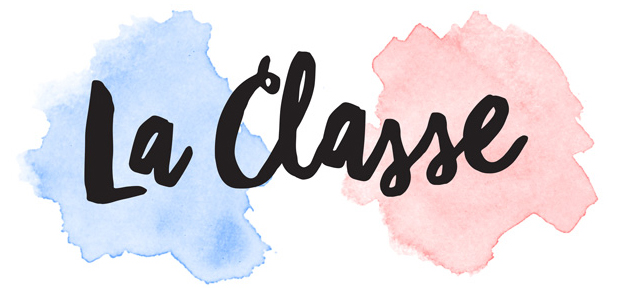Learning French is a multifaceted endeavour that allows individuals to unlock the doors to diverse cultures and broaden their horizons. Many embark on this French language journey with enthusiasm, but some struggle to speak French with confidence. This article dives into a critical aspect of language acquisition: the need to embrace imperfection as a fundamental element of successful language learning. In this exploration, we focus on the detrimental impact of perfectionism, particularly in the context of speaking performance.
The Perfectionism Trap
Perfectionism, while often seen as a commendable trait, can become a significant stumbling block in the realm of language learning. This pursuit of flawlessness may sound noble, but it can unwittingly hinder your progress in mastering French. The trap of perfectionism ensnares language learners in a web of unrealistic expectations, where the smallest mistake becomes a daunting challenge.
Fear of Making Mistakes
One of the most prevalent manifestations of the perfectionism trap is the fear of making mistakes. French Language learners, driven by the desire to speak perfectly, often find themselves frozen in conversations, unable to utter a word. This anxiety can paralyse them, preventing them from engaging in meaningful interactions. However, it's crucial to understand that mistakes are not adversaries; they are allies. Every error made is a valuable lesson that propels you forward in your language journey. By learning from these mistakes, you can gradually refine your language skills and gain confidence in your ability to communicate effectively.
Overemphasis on Pronunciation
Another facet of the perfectionism trap is the relentless pursuit of perfect pronunciation. Learners may stress over every vowel and consonant, fearing that even a slight accent will render their speech unintelligible. Native speakers, on the other hand, generally appreciate the effort and understand that learners might have accents. They tend to be patient and supportive, which means that focusing too intensely on pronunciation can hinder effective communication.
Obsession with Grammar
Grammar rules are undoubtedly essential in language learning, but an obsession with them can stifle your conversational abilities. Native speakers often deviate from strict grammar rules in informal settings, frequently using slang and colloquialisms. Perfectionism can make you hesitant to engage in real-life conversations, even though native speakers are typically forgiving and understanding when it comes to grammatical slip-ups.
Learning French Is a Process
Recognise that learning French is a gradual process, not an instant transformation. Embracing this fact can alleviate the immense pressure to be perfect from day one. Learning French is about consistent effort and a willingness to embrace the imperfections that accompany your journey. Instead of striving for instant perfection, focus on continuous progress and growth.
Real-Life Communication Matters
In real-world scenarios, effective communication takes precedence over perfection. People appreciate it when you can convey your message with confidence, even if it's not entirely flawless. Fluency is not solely about grammatical precision or accentless pronunciation; it's about making yourself understood and connecting with others.
Practical Tips for Embracing Imperfection
Now that we've explored the pitfalls of perfectionism let's discuss practical tips to help you embrace imperfection in your language learning journey:
Practice Regularly:
Consistent practice is key to language improvement. Regularly engaging with the language you're learning is like exercising a muscle—it strengthens your linguistic abilities over time. Don't be afraid to speak or write, even if you make mistakes. It's through these errors that you learn and grow. So, engage in daily conversations, write in your target language, or even think in that language to develop fluency.
Focus on Communication:
Prioritising effective communication over flawless language use is paramount. The ultimate goal of learning a language is to convey your thoughts and connect with others. Being understood is more important than striving for linguistic perfection. Embrace the fact that you may have an accent or make grammatical errors. What truly matters is the exchange of ideas and emotions.
Learn from Feedback:
Mistakes are valuable learning opportunities. When you make errors, seek feedback from French teachers, language partners, or native French speakers. Their guidance can provide insights into areas where you need improvement. Constructive criticism helps you identify weaknesses and refine your language skills.
Set Realistic Goals:
Setting achievable language goals is a motivational strategy. Define specific milestones, such as holding a basic French conversation, ordering food in a restaurant, or asking for directions. These objectives give you a sense of accomplishment as you meet them, boosting your confidence and encouraging further progress.
Patience Is Key:
Recognise that French language learning is a gradual journey. Don't expect to become fluent overnight. Be patient with yourself, and understand that becoming proficient in a new language takes time and dedication. Embrace the imperfections and the learning process, and you'll find that your linguistic abilities will naturally improve with time.
Conclusion
In the quest for language proficiency, embracing imperfection is a powerful strategy. It liberates you from the stifling grip of perfectionism, enabling you to make steady progress and enjoy the process. Remember that language learning is about communicating and connecting with others. Don't let the fear of making mistakes hold you back. Embrace the imperfections, learn from them, and celebrate your French language-learning journey as it unfolds.





